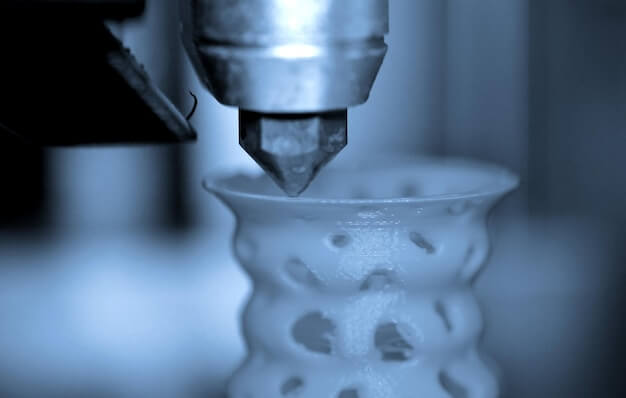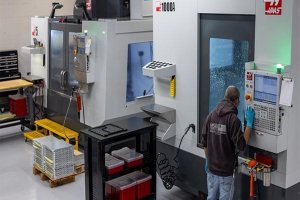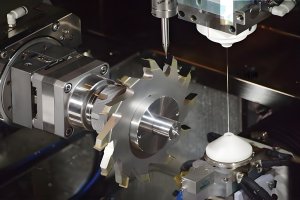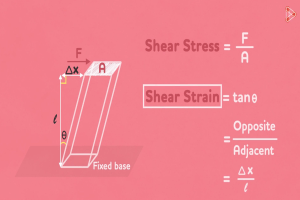Introduction: Purpose of CNC Milling in Manufacturing and Overview of Polycarbonate and Acetal (Delrin)
In the world of precision manufacturing, Computer Numerical Control (CNC) milling plays a vital role. Essentially, it fulfills the purpose of carving out intricate designs from solid materials such as metals or plastics with extreme accuracy. This process is automated and guided by pre-programmed software which makes replication precise and efficient.
Two commonly used materials in this sector include Polycarbonate and Acetel, also known as Delrin. Both are thermoplastics; thus durable, strong yet lightweight. Specifically:
- Polycarbonate, due to its optical properties and high impact resistance, is often used for safety glasses or machine guards.
- Acetel/Delrin, on the other hand, has excellent dimensional stability and lower friction, making it ideal for gears or sliding parts.
The choice between these two substances heavily depends on the final product’s design, its usage context, and relevant physical attributes like durability and thermal stability.
Overview of High-Speed CNC Milling
In the landscape of precision manufacturing, high-speed CNC milling plays a pivotal role. By definition, it is an automated process that employes Computer Numeric Control (CNC) to generate precise shapes and finishes at relatively rapid speeds. Given its speedy execution paired with utmost accuracy, this technique proves essential for industries aiming to produce intricate designs and parts in a time-efficient manner. High-speed CNC milling extensively utilizes materials like Polycarbonate and Acetal (Delrin). Both of these materials, known for their toughness and dimensional stability, are optimal choices due to their easy machinability, low friction, and excellent tolerance level.
- High-speed CNC milling: This is an advanced machining method that uses computer-controlled systems to create intricately designed parts swiftly and accurately.
- Importance of precision manufacturing: Precision is key in manufacturing as it ensures products are consistently made without defects, reducing waste and improving efficiency.
- Role of Polycarbonate & Acetal (Delrin): These durable materials offer superior wear resistance making them ideal for high-speed CNC milling applications. Their distinct properties make them suitable for producing complex, error-free components within stringent timelines.
Detailed Comparison: Polycarbonate vs Acetal in CNC Milling
Polycarbonate, a versatile and strong thermoplastic material, is extensively utilized in precision manufacturing due to its machinability, transparency, and heat resistance. Offering an excellent balance between workability and mechanical strength, it’s commonly used in producing complex geometric parts in the automotive or aerospace industry. One notorious example would be its usage for windows in spacecraft due to its high optical clarity and durability.
Moving on to Acetal (Delrin), this semi-crystalline plastic demonstrates exceptional dimensional stability, low moisture absorption, and impressive resilience against friction, making it suitable for gears, bushings, and bearings production during the CNC milling process. Its use is often seen in the medical field for creating surgical instruments since it withstands repeated sterilizations without compromising structural integrity.
Performance Analysis between Polycarbonate and Acetal in High-speed CNC Milling
When analyzing the performance of polycarbonate and acetal in high-speed CNC milling, it’s important to consider the following:
- Advantages of Polycarbonate:
- High strength and impact resistance
- Optical clarity
- Applications in medical devices, protective equipment, and housings
- Advantages of Acetal (Delrin):
- Excellent fatigue and impact resistance
- Low friction coefficients
- Applications in precision components like bearings and gears
Factors Influencing Material Choice for High-Speed CNC Milling
When selecting the appropriate material for high-speed Computer Numerical Control (CNC) milling, there are several crucial factors to consider. First and foremost is the evaluation of material properties. For example, polycarbonate offers excellent temperature resistance, making it a suitable choice for components that will function in environments with fluctuating temperatures. On the other hand, Acetal or Delrin stands out for its superior strength and rigidity, hence preferred for manufacturing robust parts.
- Temperature Resistance: Polycarbonate exhibits high-temperature resistance.
- Strength: Acetal/Delrin demonstrates remarkable durability and toughness.
Besides material characteristics, additional factors may intensify the complexity of making informed decisions. These include the projected machining complexity and associated costs. Considering complexities, while both materials cut well, Acetal or Delrin proves easier to machine than polycarbonate because it holds up better under rigorous milling processes. Looking at costs from a broader perspective, although Acetal might generally be cheaper to purchase, added expenses could arise depending on specific usage requirements such as cooling needs during milling operations. Therefore, manufacturers ought to conduct thorough assessments before settling on the most optimal material for their applications.
- Machining Complexity: Acetal/Delrin typically presents fewer challenges for milling compared to polycarbonate.
- Cost: Initial purchase costs, maintenance, and operational costs need comprehensive evaluation.
Other Articles You Might Enjoy
- High-Speed vs. Conventional CNC Milling: Material and Application Considerations
CNC Milling: An Overview of High-Speed vs Conventional Methods Computer Numerical Control (CNC) milling is a machining process that plays an invaluable role in producing intricate parts for various applications.…
- CNC Machining Plastics: Delrin vs. Nylon for High-Precision Parts
Introduction to CNC Machining Plastics The Computer Numerical Control (CNC) machining process plays a vital role in manufacturing various high-precision parts and components. This advanced technology uses pre-programmed computer software…
- Using the Right Milling Technique: Down Milling vs. Back Milling
In the world of CNC milling, experts employ a myriad of techniques to maximize the capabilities of their CNC machines. These techniques are tailored to the size, shape, features, and…






